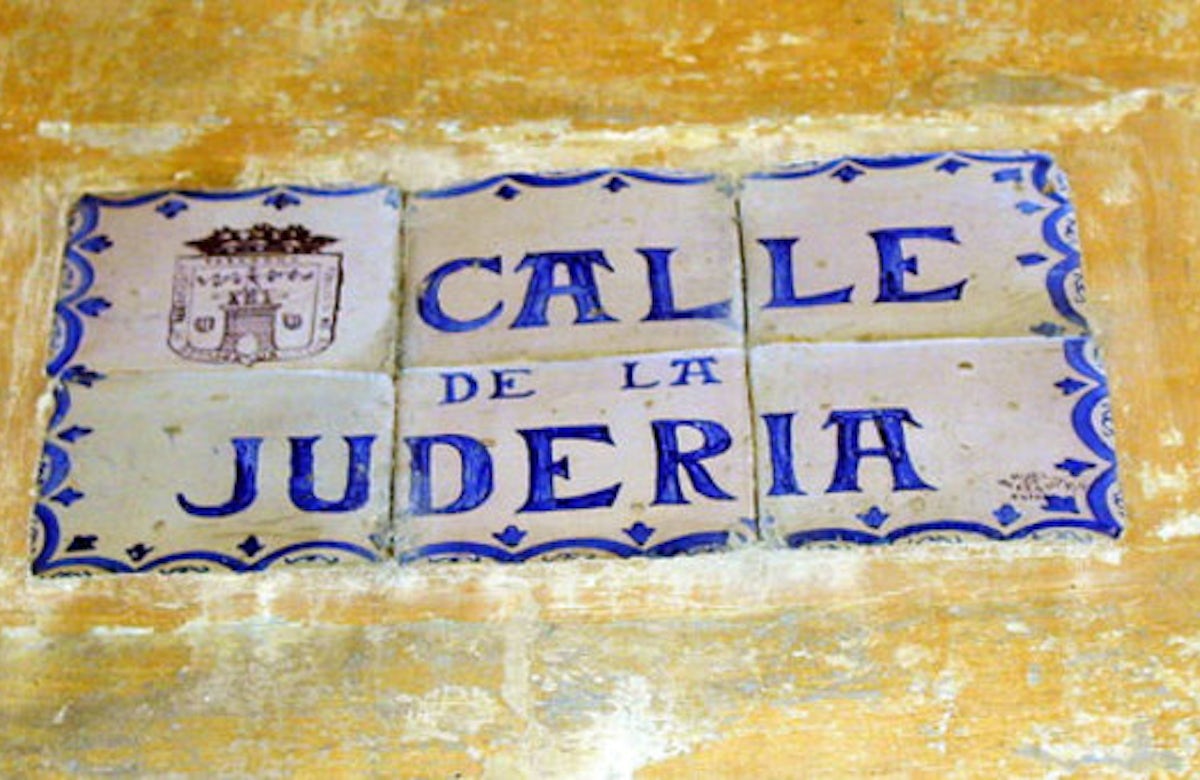Spain's Congress adopted a bill granting Spanish citizenship to the descendants of Jewish families expelled from the country in 1492, in a gesture of reconciliation.
 Legislators approved the new law in a session on Wednesday, ahead of a vote in the Senate, the upper house of parliament. the law is expected to come into force in May, with the aim of allowing potential applicants to start the process by the end of the year.
Legislators approved the new law in a session on Wednesday, ahead of a vote in the Senate, the upper house of parliament. the law is expected to come into force in May, with the aim of allowing potential applicants to start the process by the end of the year.
Around 300,000 Jews live in Spain in the 15th century before being ordered in 1492 to leave the kingdom or convert to Christianity. It is estimated that about 100,000 people could apply for a Spanish passport. Madrid believes that most applicants will remain in their current country of residence and use their new Spanish documentation as a second passport, and to simplify travel within Europe.
The law marks the final step in a decades-long effort by the country’s leaders to establish better ties with both the Jewish community and Israel. It is directed at Sephardic Jews who were expelled by royal decree more than 500 years ago.
The expulsion by King Ferdinand and Queen Isabella came in the wake of the reconquest of Spain from Moorish rule, and their drive to establish a purely Catholic kingdom.
Passport applicants do not have to be Jews, but must be related to Jews originally from Spain.
Under the draft law, applicants will have to go through a two-step process.
First, they will have to obtain a certificate from the Federation of Jewish Communities in Spain, or an official Jewish body in their home country, confirming their status as Sephardic Jews from Spain. If they cannot prove direct family descent, the authorities will accept proof that they speak Ladino (the ancient Spanish Jewish dialect), or that they have a typical Spanish-Sephardic name, or observe the community’s religious rites.
Applicants will then have to show their “special connection” to Spain — for example, their use of Ladino or proof that they have studied Spanish culture and history.






